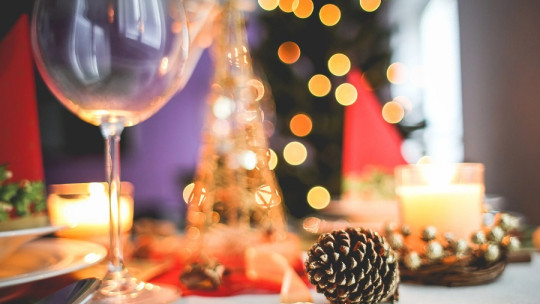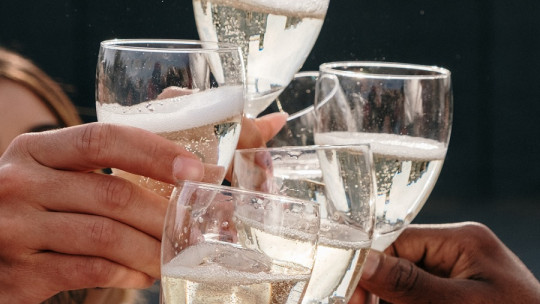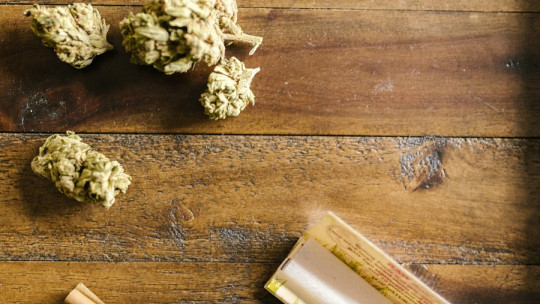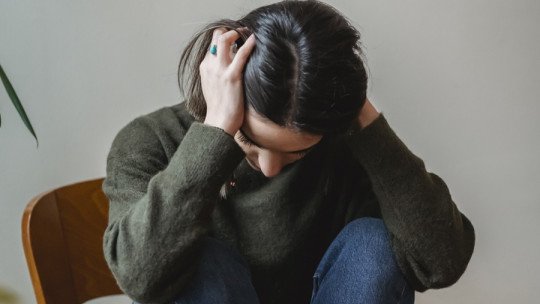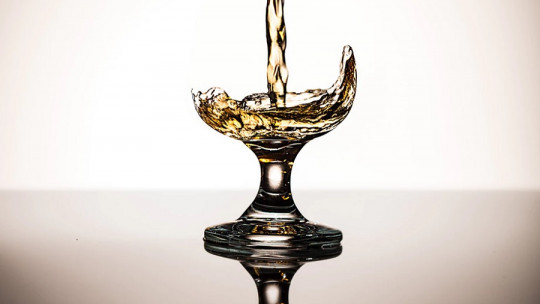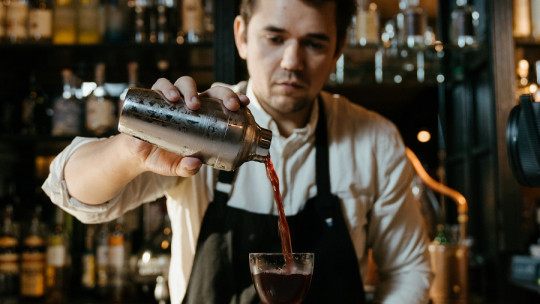
In the glow of the Christmas and New Year festivities, these lively environments bring joy and celebration for most people, but also great challenges for those in the process of addiction recovery. This period, marked by family gatherings, social events, and long-held traditions, can become an emotional crossroads for those seeking to stay sober.
Shall we do a chin-chin? Don’t you fancy one more drink? Not even a shot? These questions may seem innocent in the collective imagination, but how do you think they can affect people recovering from addiction? Having easy availability of alcohol can mean a serious relapse for these people, so we must become aware and modify our behaviors for these holidays to prevent relapses into addiction.
In this article, We will enter into the end of year holidays and what kind of influence they can have on people recovering from addictions thus helping to generate situations that prevent relapses.
The risk of parties
The festive period of Christmas and the end of the year, characterized by almost daily celebrations and gatherings, can generate a confusing mix of emotions for people in the process of addiction recovery. During this season, social expectations and pressures can intensify, creating an environment conducive to vulnerability Shared joy can go hand-in-hand with stress, anxiety, and triggers that, for someone in recovery, could trigger relapses.
This time of year is steeped in symbolism and traditions, many of which involve substance use. From champagne toasts to social pressure to participate in activities that involve substance use, the constant presence of these elements can present a constant challenge. Awareness of these factors is crucial to addressing the reality faced by those struggling with addiction during the end of the year.
It is essential to recognize that the holidays are not inherently harmful; rather, it is the contexts and associated expectations that can trigger difficulties. The key lies in understanding how to deal with these situations proactively, mitigating risks and strengthening defenses against relapse.
Triggers and warning signs
During the holidays, triggers can arise in a variety of ways, each presenting a unique challenge for those looking to stay on their recovery path. Identifying the warning signs of relapse is essential These can range from changes in mood and sleep patterns to a decrease in social participation and neglect of daily responsibilities. Constant self-assessment is essential; Recognizing these warning signs early can make the difference between staying on the road to recovery and facing a relapse.
1. Social pressure
One of the main triggers is social pressure, as cultural acceptance of substance use can make abstaining feel like a deviation from the norm. Generally, at gatherings of friends or family, it is assumed that alcohol will be consumed but this can be a very serious trigger for many people, so we must clearly and strictly mark our limits.
2. Availability of alcohol and substances
The widespread availability of alcohol and other substances during holiday events can also be a significant trigger. Family and social gatherings often include the offering of alcoholic beverages, and temptation can increase when these become an integral part of the celebration. In a similar way to the previous factor, almost all people assume that during these periods of celebration, alcohol or other substances will be consumed.
3. Stress
In addition, Stress associated with expectations of gifts, events, and gatherings can cause anxiety, increasing vulnerability to relapse Many people with addictions, when experiencing this ongoing anxiety or stress, seek alcohol or substance use as a refuge from these painful emotions.
4. Loneliness or lack of support
Feeling lonely or lacking support during these holidays can also be a powerful trigger for those struggling with addiction. Not everyone has family or social circles that are supportive this holiday season, so it can be very difficult to avoid relapse.
Prevention strategies
Given the complexity of the holidays and the challenges they pose to recovery, it is essential to have solid strategies to prevent relapse. It is crucial to remember that there is no one size fits all in relapse prevention. Each individual has their own unique needs and challenges, so tailoring these strategies to your personal situation is essential.
1. Setting limits
Setting clear boundaries is the first step. Communicating openly and honestly with friends and family about decisions to abstain can reduce social pressure and foster a supportive environment.
2. Activity planning
Careful planning of alternative activities can also be key. Participating in alcohol-free events, engaging in healthy recreational activities, or contributing to community events can provide positive distractions By staying active and engaged, you reduce opportunities for risky situations.
3. Escape plans
Having an escape plan is essential. Knowing exit routes at social events where temptation may be strong provides those in recovery with a practical strategy for removing themselves from uncomfortable situations without compromising their well-being.
4. Social support
Actively seeking social support can make a big difference Connecting with others in recovery, whether through support groups or trusted friends, provides a vital safety net. Mutual understanding and emotional support can be essential during difficult times.
In the whirlwind of the holidays, preventing addiction relapse requires a combination of sound strategies and strong social support. Identifying triggers, setting boundaries, and seeking meaningful connections are crucial steps. Through stories of overcoming and testimonies, we see that it is possible to celebrate the holidays soberly. This end of the year, let us remember that mutual support and authenticity are powerful tools to build a path to lasting recovery.

